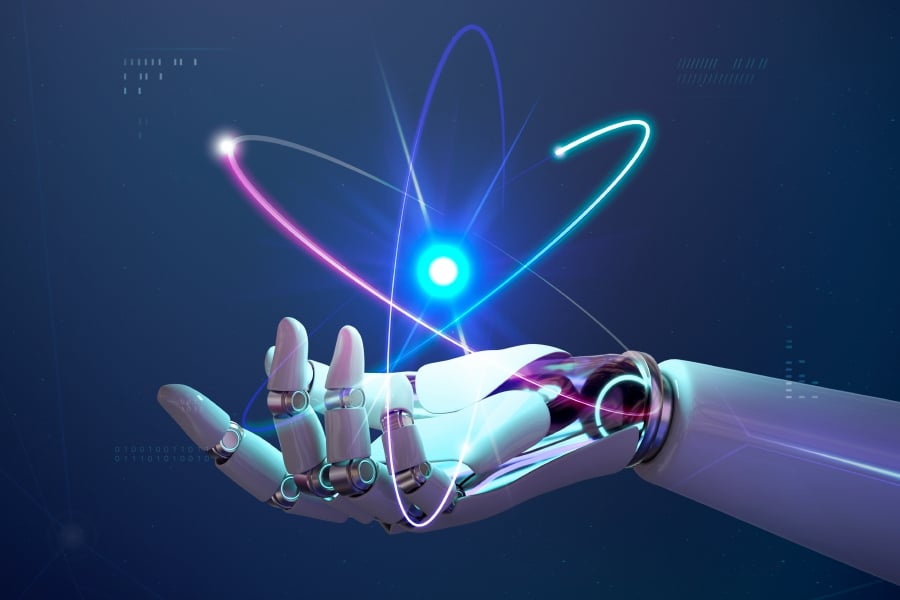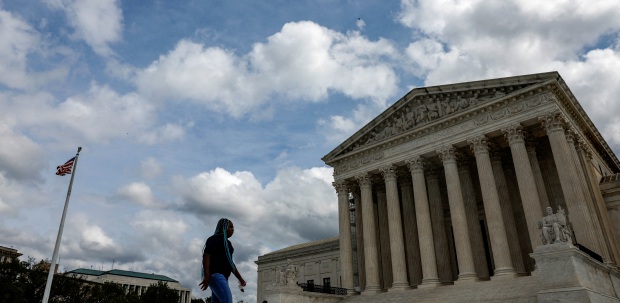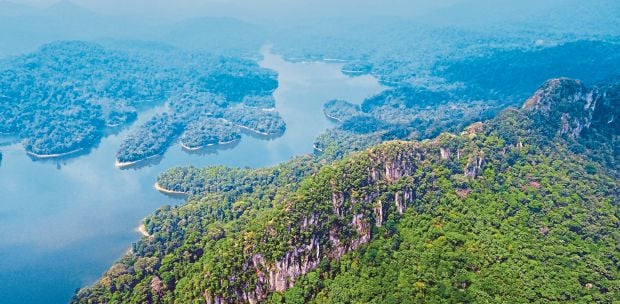LAST year, Kris Kashtanova typed instructions for a graphic novel into a new artificial-intelligence programme and touched off a high-stakes debate over who created the artwork: a human or an algorithm.
"Zendaya leaving gates of Central Park," Kashtanova entered into Midjourney, an AI programme similar to ChatGPT that produces dazzling illustrations from written prompts. "Sci-fi scene future empty New York...."
From these inputs and hundreds more emerged Zarya of the Dawn, an 18-page story about a character resembling the actress Zendaya who roams a deserted Manhattan hundreds of years in the future.
Kashtanova received a copyright in September, and declared on social media that it meant artists were entitled to legal protection for their AI art projects.
But in February, the States Copyright Office suddenly reversed itself, and Kashtanova became the first person in the country to be stripped of legal protection for AI art.
The images in Zarya, the office said, were "not the product of human authorship". The office allowed Kashtanova to keep a copyright in the arrangement and storyline.
Now, with the help of a legal team, the artist is testing the limits of the law once again.
For a new book, Kashtanova has turned to a different AI programme, Stable Diffusion, which lets users scan in their own drawings and refine them with text prompts.
The artist believes that starting with original artwork will provide enough of a "human" element to sway the authorities.
At a time when new AI programmes like ChatGPT, Midjourney and Stable Diffusion seem poised to transform human expression as they smash records for user growth, the legal system still hasn't figured out who owns the output: the users, the owners of the programmes, or maybe no one at all.
If users and owners of the new AI systems could get copyrights, they would stand to reap huge benefits, said Ryan Merkley, the former chief of Creative Commons, a US organisation that issues licences to allow creators to share their work.
For example, companies could use AI to produce and own the rights to vast quantities of low-cost graphics, music, video and text for advertising, branding and entertainment.
"Copyright-governing bodies are going to be under enormous pressure to permit copyrights to be awarded to computer-generated works," Merkley said.
In the US and many other countries, anyone who engages in creative expression usually has immediate legal rights to it.
A copyright registration creates a public record of the work and allows the owner to go to court to enforce their rights.
Courts, including the US Supreme Court, have long held that an author has to be a human being.
In rejecting legal protection for the Zarya images, the US Copyright Office cited rulings denying legal protection for a selfie snapped by a curious monkey named Naruto.
One US computer scientist, Stephen Thaler, has maintained that his AI programmes were sentient and should be legally recognised as the creators of artwork and inventions that they generated. He has sued the US Copyright Office.
Meanwhile, many artists and companies that own creative content fiercely oppose granting copyrights to AI owners or users.
They argue that because the new algorithms work by training themselves on vast quantities of material on the open web, some of which is copyrighted, the AI systems are gobbling up legally protected material without permission.
Stock photo provider Getty Images, a group of visual artists and owners of computer code have separately filed suits against owners of AI programmes, including Midjourney, Stability AI and ChatGPT developer OpenAI, for copyright infringement, which the companies deny.
Sarah Andersen, one of the artists, said granting copyrights to AI works "would legitimise theft".
The Copyright Office said it reviewed Kashtanova's Zarya decision after discovering the artist had posted on Instagram that the images were created using AI, which it said was not clear in the original September application.
On March 16, it issued public guidance instructing applicants to disclose if their work was created with the help of AI.
The guidance said the most popular AI systems likely did not create copyrightable work, and "what matters is the extent to which the human had creative control".
The writers are from the Reuters news agency





